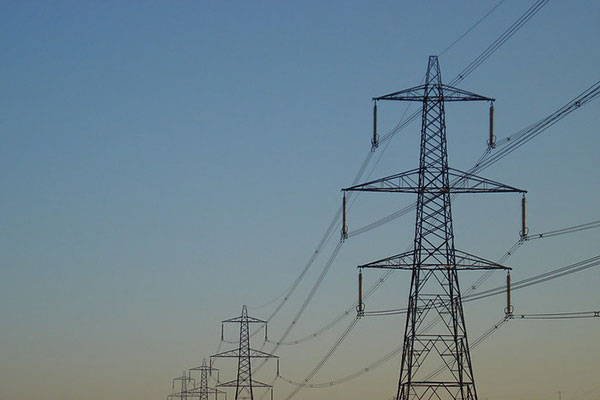States within U.S power markets can make decisions on climate policy, they can pass aggressive targets for zero-carbon power and offer financial incentives for solar, wind, and nuclear plants.
That’s why these three states are concerned that a new federal policy will counteract efforts to use cleaner energy.
New Jersey, Maryland, and Illinois are now examining an exit from the largest U.S power market after the Federal Energy Regulatory Commission (FERC) handed down an order that could damage the economics of new clean energy projects and may favor fossil fuels over renewables.
FERC is a U.S federal agency that regulates the transmission and wholesale sale of electricity and natural gas in interstate commerce and regulates the transportation of oil by pipeline in interstate commerce.
The minimum offer price rule, by FERC, mandates a floor price for generators bidding into capacity auctions held by PJM Interconnection, which operates the grid network and power markets serving 65 million people from Chicago to mid-Atlantic states.
FERC commissioners voted on partisan lines to apply the rule to state-subsidized clean energy.
The rule will effectively eliminate some of our resources from receiving payments for capacity, said Jason Stanek, chairman of the Maryland Public Service Commission.
The move is part of a widening schism between the U.S government and states over climate change.
Utility regulators from Maryland and New Jersey have filed suit against FERC in a federal court, asking judges to decide whether the federal order unlawfully usurps state jurisdiction by undercutting their policies.











Comments